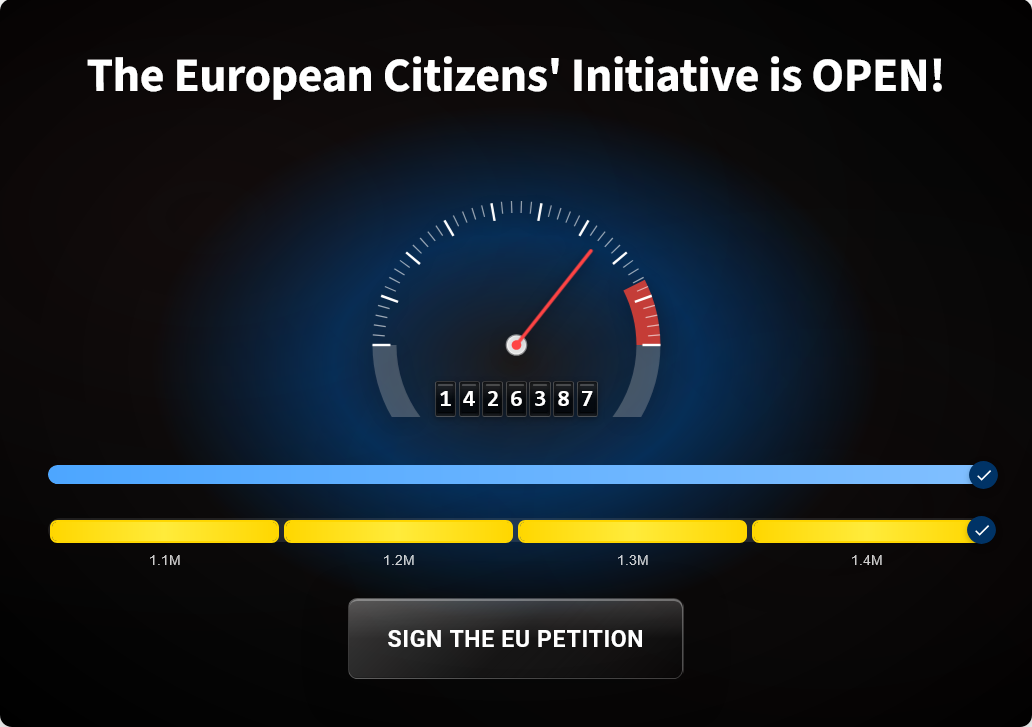By the way for many years there was always one or two of my peers that would balk at videogames being notable in the industry – however, today in 2025 the worldwide videogame industry is set to be over $300 billion and that speaks for itself. In one crazy example. Sony paid an estimated $400 million to develop one game alone, Concord. For my source on that one you can see it on Forbes from September of last year.
Back to the topic. For movies and TV shows, 2013 was the year of “Digital HD.” This is when sales in digital gained traction in the home entertainment industry. Put simply, this is generally when companies started releasing movies for digital download before they were available on disc or via traditional video-on-demand. And so similar to CDs why buy all that physical media on DVD / Blu-Ray / 4K Ultra HD Blu-Ray (4K UHD) discs and the boxes that hold them which take up tons of space when you can essentially use the cloud instead? It’s a great idea – until it’s not.
Several years after the HD explosion some companies started, “taking back” movies on a massive scale. In 2022 StudioCanal and the PlayStation Store (Sony) removed multiple StudioCanal films including, Paddington from people who purchased them digitally in Germany and Austria due to “evolving licensing agreements with content providers.” There are other examples.
Ironically, in 2009 Amazon removed all purchases of the classic and famous book, 1984 from Kindle e-book readers without prior notice. Apparently, back then someone at Amazon had an unpleasant sense of humor at the time. Also, for some people and librarians who I know who champion keeping the original content of books intact, censorship has never been easier.
As you can see there are many topics that can sprout from what I’ve wrote here already, but here on LinkedIn in I have time and space for only one at a time and I’m choosing this: The Stop Killing Games movement in Europe. While this is in Europe it can easily affect markets worldwide. Part two is coming right after this post.
PART TWO 7/25/2025: Here’s a quote from their website, ‘”Stop Killing Games” is a consumer movement started to challenge the legality of publishers destroying video games they have sold to customers.’ For more context, the American YouTuber Ross Scott started the movement for Stop Killing Games. Two quick things about this: 1) Like with videogames, I notice some people in the back of the auditorium looking down their nose at YouTubers. The revenue at YouTube for 2024 was around $36.1 billion. Even though YouTube / Google / ABC are a public company the exact number isn’t easy to find but YouTubers make about 55% of that revenue which is about $19.9 billion. And remember, YouTubers are not companies nor corporations, they are individuals sitting at a desk with a good computer, camera, and microphone. Look at the revenue again.
Interestingly enough, since Ross Scott is an American citizen he is not allowed to sign nor directly participate in the business of the movement because it applies only to European Union and UK citizens.
This is not just being supported by people who make these expensive purchases. Nicolae Ștefănuță who is the Vice-President of the European Parliament has stated, “I stand with the people who started this citizen initiative … A game, once sold, belongs to the customer, not to the company.” He also committed to help the cause further.
To write a fair article I’ll mention opposition. Video Games Europe is a trade Association that represents game developers and publishers in the EU opposing the Stop Killing Games initiative, arguing it would make online-only games too costly to create and limit a developer choice. This board includes some of the largest publishers in the world including EA, Ubisoft, and Activision Blizzard.
And very recently here in July, in my humble opinion, Ross Scott is being falsely accused of failing to disclose financial contributions – that he never made. See the article in the link below.
Think about it, in descending order digital purchases worldwide applies to about seven major categories: movies/TV shows, videogames, music, videogames, books, software, online courses/virtual learning, and paid podcasts. Would this affect someone you know? How about everyone you know?
I have said to my friends and some coworkers for many years now that there is no consumer advocacy in the United States anymore. Not on any major level. Hopefully the Stop Killing Game initiative will inspire other people on other digital domains to protect the purchases and the rights of citizens worldwide.
https://www.stopkillinggames.com


Be First to Comment